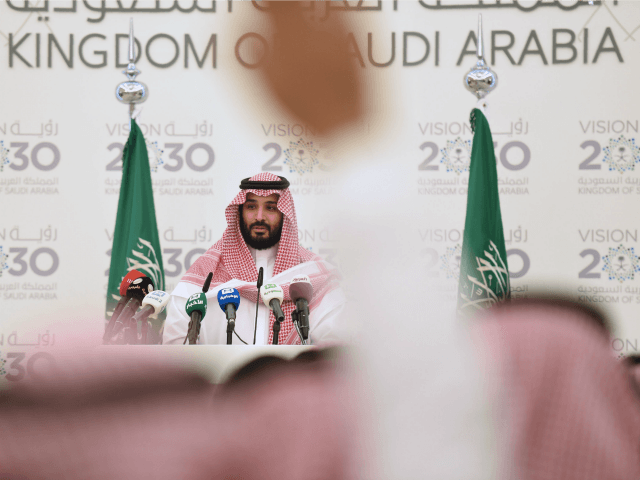JAFFA, Israel – The heir to the throne of Saudi Arabia has launched a 14-year plan under which the kingdom will reduce its dependency on oil and invest in other industries.
Prince Mohammed Bin Salman’s (pictured) “Saudi Vision 2030” raised hopes for an improvement in women’s rights in the kingdom after he said “the productive role of women is a central tenet of the plan.”
But those who thought that Saudi women would finally be allowed to drive saw their hopes dashed.
“Letting women drive a car is not a religious issue,” the prince said. “It’s up to society to decide whether it’s acceptable or not. So far, Saudi society has not been convinced that it would bear no negative ramifications.”
Even though women make up 50 percent of society, he continued, “we cannot impose our will, but we hope that future changes will be positive.”
“Saudi Vision 2030” is a comprehensive political and economic reform, meant to reduce the country’s dependency on the oil industry by developing the service sector, chiefly tourism. It also aspires to bring more Saudi citizens into the labor market, mainly young people and women.
Prince Mohammed declared that the plan is based on two elements: social and economic. It will enact far-reaching reforms in the economy, encouraging foreign investment and international transactions.
The plan was devised to address the economic downturn that a drop in oil prices has caused. The Saudi economy relies heavily on the oil industry, which employs many migrants and expats, sending unemployment sky high.
The shrinking oil revenues, coupled with growing military spending on war in Yemen and Syria, have led the Saudi government, for the first time in the country’s history, to raise taxes and scrap oil and water subsidies, which led to some unrest among a population that lives mainly off handouts.
Meanwhile, a Saudi news site reported that a Sri Lankan housekeeper returned to her country after 15 years of abuse by her employers, a Riyadh family.
She fled the country without receiving any payment for her work, which she got only after the Sri Lankan Ministry of Labor intervened.
This case comes in the wake of another case in which an Indian housekeeper returned to her country after a court ruled that her employers must pay 16 years’ worth of salary that they withheld from her.

COMMENTS
Please let us know if you're having issues with commenting.